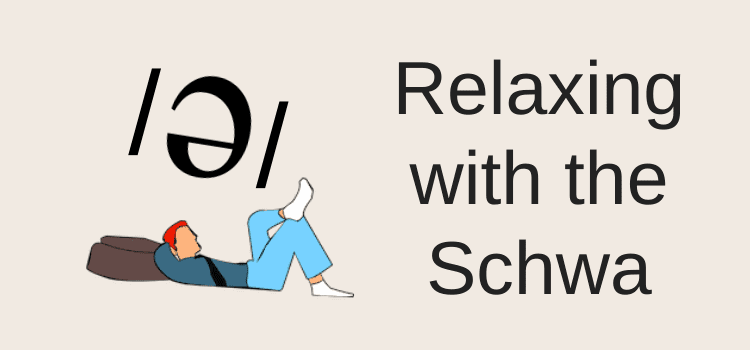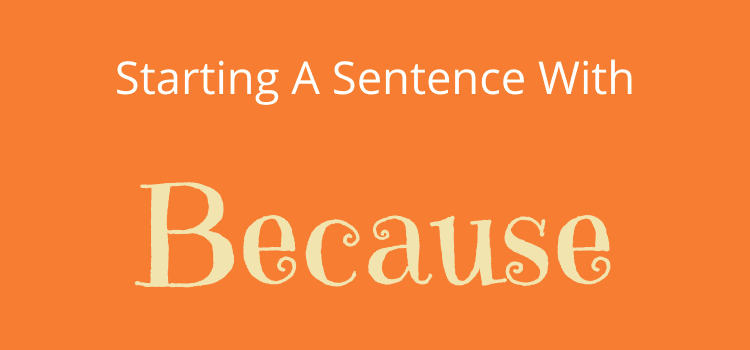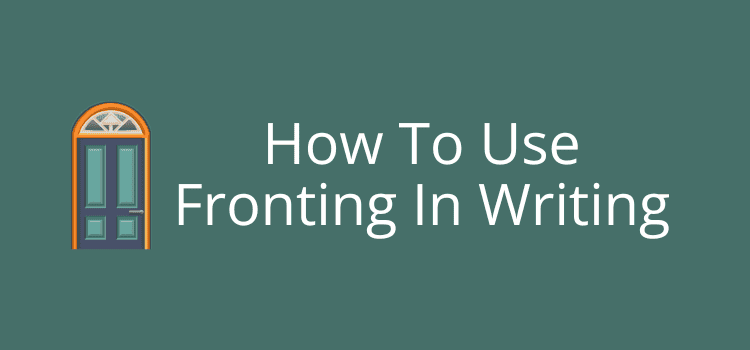
The schwa is the mid-central vowel sound and the most common vowel sound in English.
It occurs in many words, unstressed syllables, or to contract auxiliary verbs and prepositions.
The schwa sounds like “uh” in umbrella or under, and in phonetics, it is represented by the schwa symbol of an upside-down /ə/.
If you look up a word in an English dictionary, the sound in the word that is schwa will be shown in the pronunciation, which uses the phonetic alphabet. For the word ago, it will be əˈɡəʊ.
The schwa sound
We use this weak neutral vowel sound in approximately fifteen percent of all our utterances in English.
That makes it one of the most common sounds we use when we speak.
An ode to the word Schwa
A curvaceous young phoneme called schwa,
Said “I never feel strong. It’s bizarre!
I’m retiring and meek,
And I always sound weak,
But in frequency counts – I’m the star!

Examples of schwa sound words
The typical short reduced vowel sound of the schwa can be taken by any unstressed vowel letter.
In most dialects, for example, the term schwa is applied to sounds found in the following words:
The a is schwa in adept.
The e is schwa in synthesis.
The i is schwa in decimal.
The o is schwa in harmony.
The u is schwa in medium.
The y is schwa in syringe.
The schwa sounds occur in many words. It can also replace more than one vowel and consonant.
Depending on different accents, the sound can also be a neutral vowel or even a stressed vowel, as in the examples below.
It can also occur in stressed multi-syllable words such as in measure.
doctor, banana, tomorrow, difficult
summer, level, protect, survive
pupil, theatre, measure, wizard
Schwa sound in words
In phrases and sentences, the schwa is used to contract not only short vowels but also untressed articles, auxiliary verbs, unaccented syllables, stressed syllables, and prepositions.
It’s for you.
It takes a lot of time.
How about a cup of tea?
What are you doing tonight?
What time will you arrive at Victoria Station?
I was going to tell you.
The leisure centre is closed for a private function.
The airport is not far from the capital city.
The book is about pronunciation.
We need more financial support.
You need to pay attention all the time.
It is a very thorough report.
The pronunciation and use of the schwa can vary between British and American English. In particular, after some consonant clusters, such as in the word number.
Shoulda, woulda, coulda

The schwa can replace whole function words in complex grammatical structures in spoken English.
This use of the schwa can cause reading and spelling confusion for some who are new to writing for publication.
Transposing spoken English into correct written English cannot be accomplished by relying on how a phrase sounds.
Take this short phrase.
I could have been a star.
When spoken, this phrase can take two common forms using the schwa.
I could of been a star.
I coulda been a star.
In all uses of past modal verbs, the typical pronunciation forms do not reflect the correct grammatical form.
Therefore, it is not unusual to see the following common writing errors occur.
I could of gone to work today. Incorrect
I coulda gone to work today. Incorrect
I could have gone to work today. Correct
I would of studied if I’d had more time. Incorrect
I woulda studied if I’d had more time. Incorrect
I would have studied if I’d had more time. Correct
Writers who should of done a grammar check. Incorrect
Writers who shoulda done a grammar check.Incorrect
Writers who should have done a grammar check. Correct
The grammar errors in these three examples were famously used by Celine Dion in her song, Woulda, Coulda, Shoulda.
More common schwa uses
In many common English verb phrases, we use the schwa without thinking when speaking. For example:
I want to go. – I wanna go.
I’m going to get a haircut. – I’m gonna get a haircut.
I have to pay my phone bill. – I hafta pay my phone bill.
I have got to visit my mother. – I’ve gotta visit my mother.
Even if you speak very well, the application of spoken English words into writing can cause common grammatical mistakes.
Learning and applying basic grammar rules is always the best way to produce correct sentences in writing.
Phonetic translation
If you look closely at this short text, you will see how frequently the schwa occurs in the phonetic translation.
This frequency makes it very easy to forget what the schwa is replacing and, in turn, can lead to mistakes in writing.
The first time my brother and I were allowed to go shopping alone was a complete disaster.
ðə fɜːst taɪm maɪ ˈbrʌðər ænd aɪ wɜːrəˈlaʊd tuː gəʊ ˈʃɒpɪŋəˈləʊn wɒz ə kəmˈpliːt dɪˈzɑːstə.
I think I was about ten and he was seven.
aɪ θɪŋk aɪ wɒzəˈbaʊt tɛn ænd hiː wɒz ˈsɛvn.
We usually got on very well together, but he was in a bad mood that day and I suppose I was a bit nervous about having the responsibility of looking after him in town.
wiː ˈjuːʒʊəli gɒt ɒn ˈvɛri wɛl təˈgɛðə, bʌt hiː wɒz ɪn ə bæd muːd ðæt deɪ ænd aɪ səˈpəʊz aɪ wɒz ə bɪt ˈnɜːvəsəˈbaʊt ˈhævɪŋ ðə rɪsˌpɒnsəˈbɪlɪti ɒv ˈlʊkɪŋ ˈɑːftə hɪm ɪn taʊn.
Anyway, he disappeared almost as soon as we got off the bus and I spent about three-quarters of an hour looking for him.
ɛnɪweɪ, hiː ˌdɪsəˈpɪəd ˈɔːlməʊst æz suːn æz wiː gɒt ɒf ðə bʌs ænd aɪ spɛntəˈbaʊt ˈθriːˈkwɔːtəz ɒvən ˈaʊə ˈlʊkɪŋ fɔː hɪm.
When I eventually found him, I was so relieved that I didn’t remember to get angry.
wɛn aɪ ɪˈvɛnʧəli faʊnd hɪm, aɪ wɒz səʊ rɪˈliːvd ðæt aɪ dɪdnt rɪˈmɛmbə tuː gɛt ˈæŋgri.
Speak with the schwa but write with grammar
Lots of people, including native speakers of English, make grammar mistakes when they write.
You don’t need to be an expert, but you can avoid very common grammatical errors by quickly checking all your writing before you post or publish.
You don’t need to dig too deep and worry about technical grammar, such as coordinating conjunctions, independent clauses, a misplaced modifier, or a dangling modifier.
But you should be sure that you are using correct subject-verb agreement, the right possessive pronoun, and that you are not mixing past and present tenses.
Most importantly, every word or phrase you write has to be completed in its correct form and not diminished by common oral contractions and errors, such as “could of been and should of gone“.
Summary
The best way to be sure is to check with a grammar checker.
These online correction tools are often free, so it won’t cost you a cent to check that your writing is up to an acceptable standard.
They will highlight and refer to a specific error, one at a time, and then you can correct each one very easily.
Don’t rely on your ear and think that because it sounds right, it will be right in writing.
Always rely on good grammar for writing and phonetics for speaking.
Related reading: When You Can Use Burned Or Burnt And Learned Or Learnt
Share This Article




I hadn’t seen a reference to the schwa in years, and it made me think of reading instruction with my elementary teachers! I learned a few things about this concept somewhat differently, though, unless I’m remembering incorrectly:) I learned that the “r-controlled vowels” were a separate thing altogether. And, in a word like “medium” the “u” would just be considered a “short u” sound. I taught elementary, myself, for years, and it appears that discussion of the schwa in phonics has all but disappeared. Maybe it should be reintroduced…Interesting article!
Yes, Becky. The schwa sound changes with different accents. So the ‘u’ in medium might be schwa for me, but not for you. Similarly, the ‘er’ in banker will be schwa in the UK but perhaps not in the US.